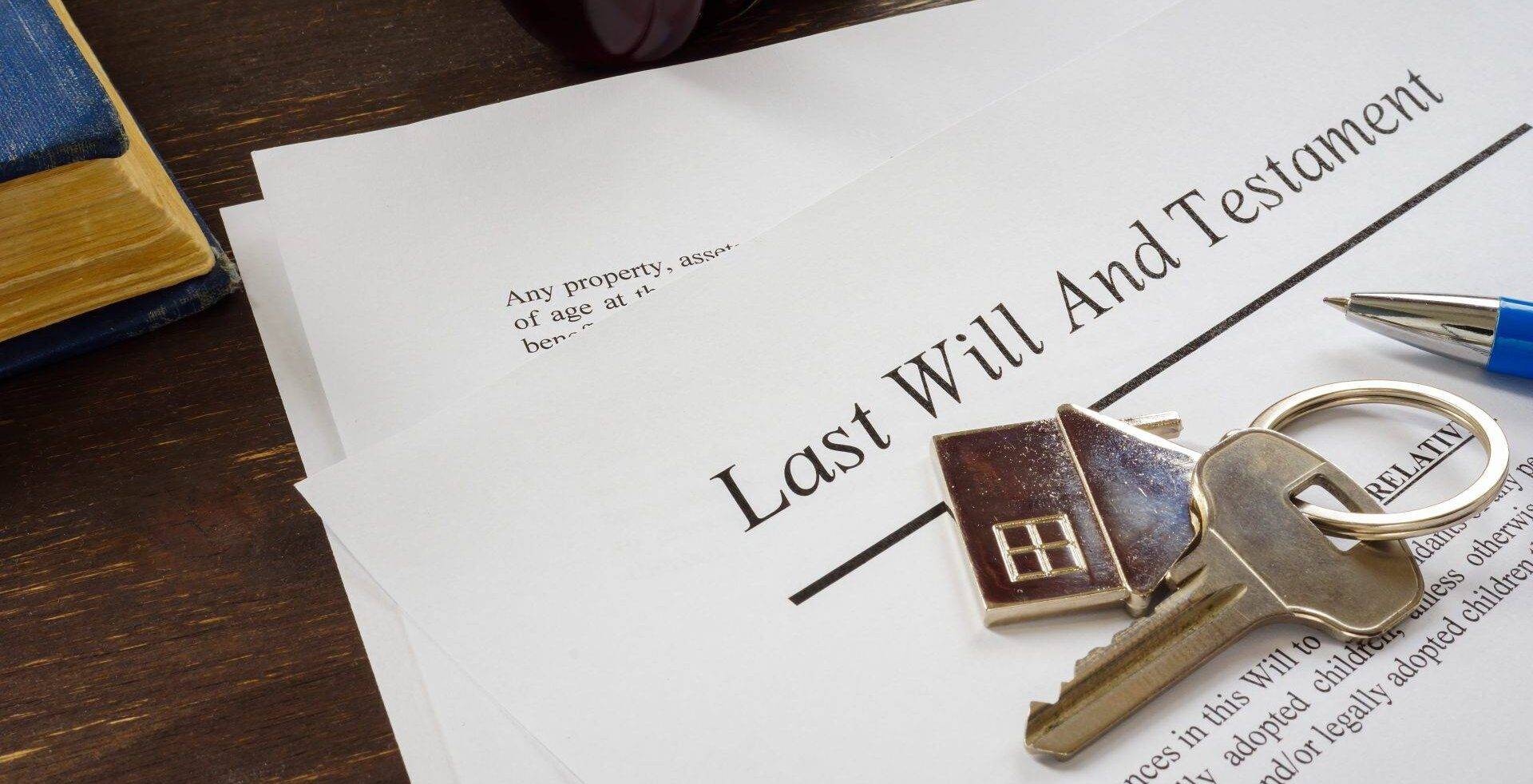Gohil v Gohil [2024] EWHC 213 (Ch)
Background
The deceased died on 23 January 2018 with a Will dated 30 March 2009. The Will:
- Appointed the Claimant, who is the deceased’s and the Defendant’s former daughter-in-law, to be one of the executors;
- Bequeathed part of the deceased’s residuary estate to the Claimant; and
- Excluded the estranged Defendant and the deceased’s son from inheriting the deceased’s estate.
The Defendant entered a caveat to prevent the Claimant from obtaining a Grant of Probate and disputed the validity of the Will on the grounds of undue influence, fraudulent calumny, false misrepresentation, and fraud or forgery.
The Defendant claimed that the deceased:
“had become isolated from his family and that the Claimant took advantage of him and induced a state of confusion, deep anxiety, depression, fuelled his anger, caused him to be unable to think and do things for himself, in consequence of which he was highly vulnerable and easy to manipulate”.
The Claimant denied the allegations and issued an application for summary judgment against the Defendant.
Decisions
The Court examined the evidence in relation to:
1. The deceased’s testamentary capacity:
The Court considered the legal principle established in Re: Key [2010] 1 WLR 2020– where a Will had been properly executed, the Court would presume capacity and the evidential burden then shifted to the objector to raise real doubt about capacity. The Defendant failed to meet the burden of proof required to challenge the validity of the Will by raising real doubt about the deceased’s testamentary capacity.
2. The deceased’s knowledge and approval:
The Court considered the legal principle established in Gill v Wood [2011] Ch 280– where a Will had been properly executed, the Court would presume that the Will presented the deceased’s intentions the moment the Will was executed. No particulars are given of any fact relied upon by the Defendant as to the deceased’s state of knowledge.
3. Undue influence, fraud, and calumny:
The burden of proof lies on the Defendant. The question was not whether the Court would consider the Will to be fair but whether in making the Will, the deceased acted as a free agent. It was required to show that there was no explanation other than undue influence/fraud/calumny for the deceased to have acted in a way he did when the Will was executed. The Defendant failed to particularise any form of pressure or persuasion being exerted over the deceased.
In light of the above, the Court found that:
- The Will remained valid; and
- Summary judgment against the Defendant was successful.
Comment
A spate of cases has shown that challenging a deceased’s testamentary state of mind remains considerably difficult. A substantial amount of evidence is required from the objector and hypotheses alone are not acceptable.
How can Nelsons help
Ronny Tang is an Associate in our expert Dispute Resolution team, specialising in defamation claims, contentious probate and inheritance claims, Trusts of Land and Appointment of Trustees Act 1996 claims, Equality Act 2010 claims and Protection From Harassment 1997 claims.
If you need any advice concerning the subject discussed in this article, please do not hesitate to contact Ronny or another member of the team in Derby, Leicester, or Nottingham on 0800 024 1976 or via our online enquiry form.



